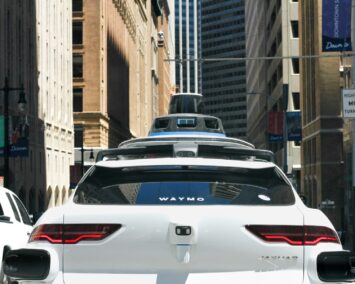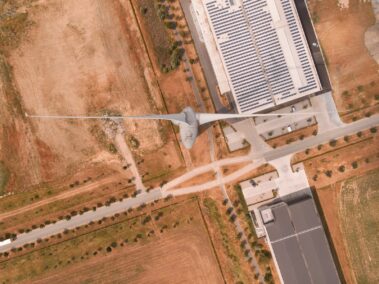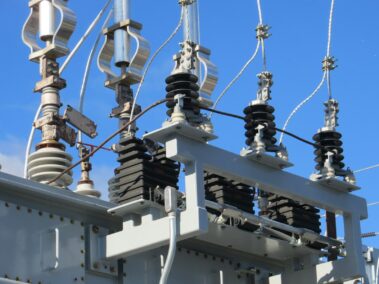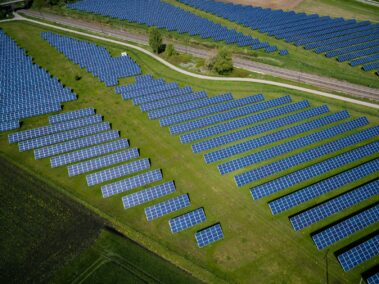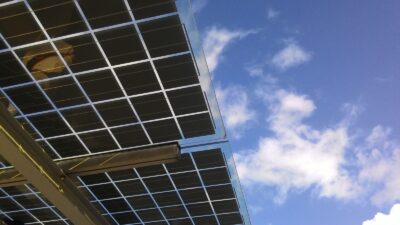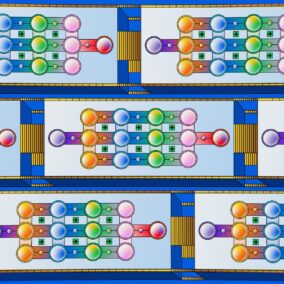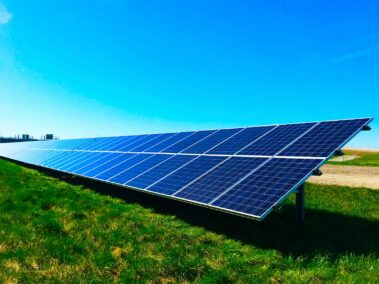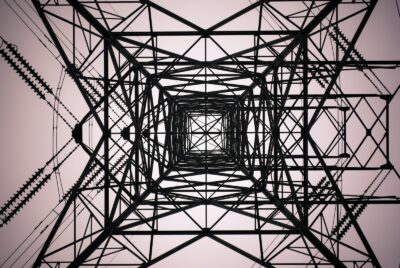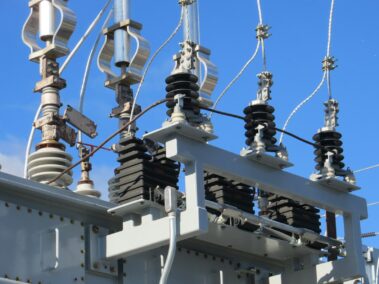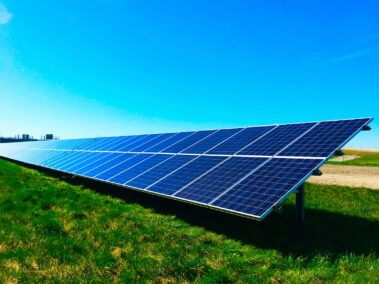Revolutionizing Renewable Energy Management
In the pursuit of sustainable energy solutions, the integration of Artificial Intelligence (AI) is revolutionizing the energy management . Across Saudi Arabia and the UAE, where vast solar fields and wind farms are increasingly common sights, AI-driven technologies are playing a pivotal role in enhancing efficiency, reliability, and sustainability. By leveraging AI algorithms to analyze data from renewable energy sources in real-time, energy operators can optimize power generation, predict demand fluctuations, and proactively address maintenance issues, thereby maximizing the output of clean energy systems.
Enhancing Operational Efficiency
One of the primary applications of AI in renewable energy management is predictive maintenance, where machine learning algorithms analyze operational data to identify potential equipment failures before they occur. In Riyadh and Dubai, where solar energy is abundant, AI-powered predictive maintenance systems can monitor the performance of photovoltaic panels and inverters, detecting anomalies such as degradation or malfunctioning components. By detecting issues early on, maintenance teams can schedule repairs proactively, minimizing downtime and maximizing the lifespan of renewable energy infrastructure. This proactive approach not only reduces maintenance costs but also ensures the uninterrupted supply of clean energy to the grid.
Optimizing Energy Distribution
Furthermore, AI plays a crucial role in optimizing energy distribution and grid management, particularly in regions like Riyadh and Dubai, where the adoption of smart grid technologies is on the rise. AI algorithms analyze consumption patterns, weather forecasts, and grid conditions to optimize the distribution of renewable energy resources, ensuring that electricity is delivered efficiently and reliably to end-users. By dynamically adjusting energy flows and balancing supply and demand in real-time, AI-driven grid management systems help minimize transmission losses, improve voltage stability, and facilitate the integration of renewable energy sources into the existing power grid. As a result, cities across Saudi Arabia and the UAE are able to achieve greater energy resilience and reduce their reliance on fossil fuels, driving towards a more sustainable and environmentally friendly future.
Maximizing Energy Production
In the arid landscapes of Saudi Arabia and the UAE, where sunlight is abundant, AI-enabled solar tracking systems are optimizing the capture of solar energy. These systems use advanced algorithms to adjust the orientation of solar panels throughout the day, ensuring that they are always positioned to receive the maximum amount of sunlight. By continuously tracking the sun’s position and adjusting panel angles accordingly, AI-powered solar trackers can boost energy production efficiency by up to 25%, compared to fixed-tilt installations. This increased efficiency translates to higher energy yields from solar farms, making renewable energy a more economically viable and scalable option for meeting the region’s growing energy demands.
Intelligent Energy Forecasting
Another critical aspect of AI in renewable energy management is its ability to provide accurate energy forecasting, aiding in the efficient integration of renewable energy into the power grid. AI algorithms analyze historical data, weather patterns, and other relevant factors to generate precise forecasts of renewable energy generation. In cities like Riyadh and Dubai, where weather conditions can vary significantly, accurate energy forecasts enable grid operators to anticipate fluctuations in renewable energy supply and plan accordingly. By aligning energy production with demand forecasts, grid operators can optimize the utilization of renewable energy resources, minimize reliance on backup power sources, and reduce overall energy costs for consumers.
Driving Sustainability and Innovation
Beyond operational efficiency gains, the integration of AI into renewable energy management is driving sustainability and innovation in the energy sector. In research institutions and technology hubs across Saudi Arabia and the UAE, scientists and engineers are leveraging AI to develop next-generation renewable energy technologies, such as advanced solar cells, wind turbines, and energy storage systems. By harnessing the power of AI-driven design and optimization tools, researchers can accelerate the development process, enhance the performance of renewable energy systems, and bring cost-effective clean energy solutions to market faster. This collaborative effort between academia, industry, and government is paving the way for a more sustainable energy future, not only in the Middle East but globally.
#RenewableEnergy #AIinEnergyManagement #SustainableDevelopment #CleanEnergy #RenewableTechnology #SmartGrid #EnergyEfficiency #SolarEnergy #WindEnergy #PredictiveMaintenance




